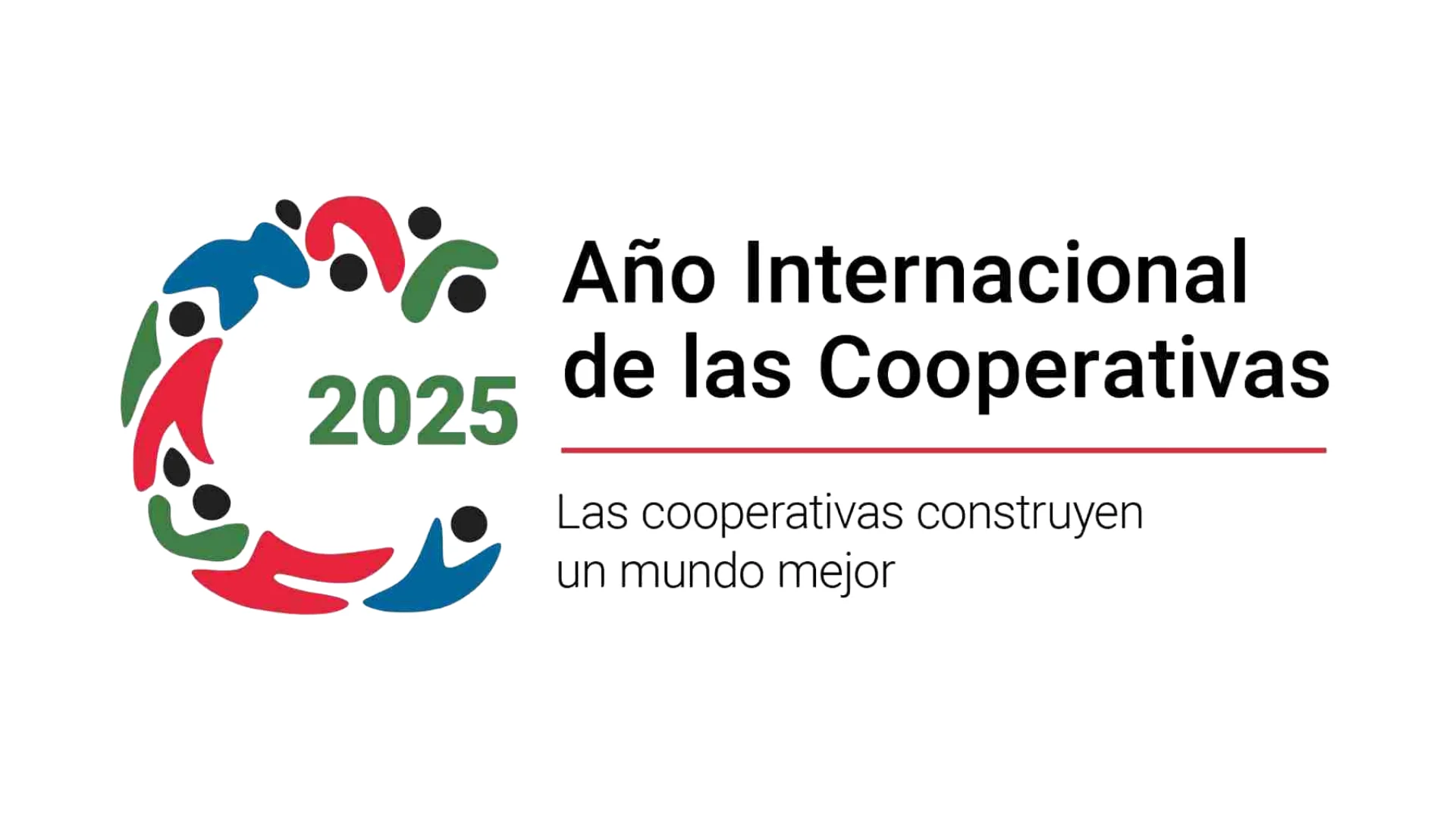Cooperatives 2025: Boosting sustainable development in Mexico

2025 has been designated the International Year of Cooperatives, a key opportunity to highlight the fundamental role these organizations play in economic and social development.
National Institute of the Social Economy | March 7, 2025
INAES
2025 has been designated the International Year of Cooperatives, a key opportunity to highlight the fundamental role of these organizations in economic and social development. Cooperatives have proven to be an effective model of solidarity economy, promoting equity, participation, and the well-being of their members.
Cooperatives in the global context and their impact on Mexico
Cooperatives are autonomous associations of people who come together voluntarily to meet their economic, social, and cultural needs through a collectively owned and democratically managed enterprise. Globally, they have been recognized for their ability to generate employment, reduce inequalities, and strengthen community resilience.
In Mexico, cooperatives have a long history dating back to the 19th century. From the earliest experiences of mutual societies to production and consumer cooperatives, they have played a crucial role in sectors such as agriculture, fishing, industry, and financial services. Today, there are thousands of cooperatives in the country, contributing to the economic growth and well-being of millions of people.
Historical background of cooperatives in Mexico
The history of cooperativism in Mexico has deep roots. In the 19th century, the first forms of cooperative organizations emerged with mutual societies, whose objective was to provide support to their members in cases of illness, unemployment, or death.
Throughout the 20th century, the cooperative movement gained greater importance with the creation of laws and regulations that promoted its development. In 1938, the Lázaro Cárdenas government promoted the General Law of Cooperative Societies, which allowed for the consolidation of cooperatives in various sectors, especially agricultural and fishing production. Later, in the 1950s, savings and credit cooperatives began to play a crucial role in the financial inclusion of marginalized communities.
Today, cooperatives in Mexico continue to evolve, adapting to the challenges of globalization, digitalization, and sustainability. Cooperatives have proven to be key players in the social and solidarity economy, promoting fairer and more equitable business models.
The International Year of Cooperatives 2025: An opportunity for change
The recognition of 2025 as the International Year of Cooperatives underscores the importance of strengthening this organizational model to achieve the Sustainable Development Goals (SDGs). In Mexico, this year should serve as a turning point to promote public policies that favor the growth and consolidation of cooperatives in strategic sectors.
Some of the key areas where positive impact is expected include:
Financial inclusion and access to credit: Credit unions can continue to play a key role in democratizing access to financial services.
Sustainability and the circular economy: Promote cooperatives focused on renewable energy, recycling, and sustainable production.
Community Empowerment: Promoting cooperative education and strengthening leadership within rural and urban communities.
The International Year of Cooperatives 2025 represents an opportunity for Mexico to strengthen its commitment to the social economy, promoting the creation of innovative and sustainable cooperatives that contribute to the well-being of society. It is time to recognize the value of these organizations and work together to build a more just and equitable future.
We help you make better decisions for your company or investment.
Receive in your inbox strategies, regulatory updates and exclusive opportunities from the financial world in Mexico.

Related Posts

Data on money transfers from the U.S. to Mexico will be collected.
The federal government will begin collecting personal data from those who send or receive money.

Cooperatives 2025: Boosting sustainable development in Mexico
Cooperatives 2025 seeks to strengthen the social economy in Mexico, promoting inclusion, sustainability, and development.

Sofomes find growth opportunity with Plan Mexico
The Mexico Plan boosts the Sofomes, providing new opportunities for growth, financing and